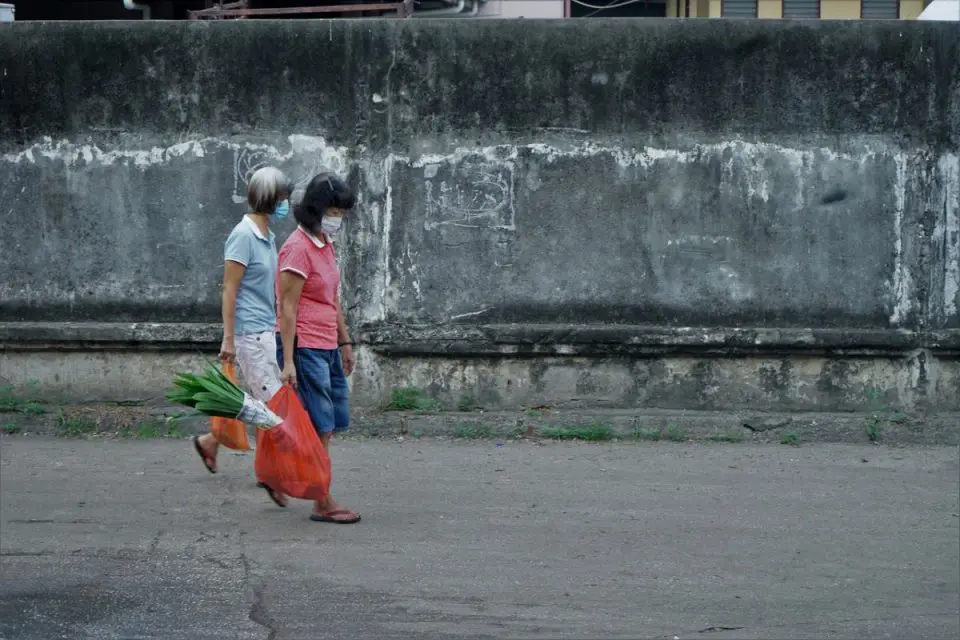KUALA LUMPUR, Dec 2 — Malaysia needs to assess its retirement age policy, considering that the country is becoming an ageing society, said World Bank Group representative to Malaysia and country manager Firas Raad.
In a statement today, he said Malaysia’s demographics have shifted to an era of low fertility and low mortality from a situation of high fertility and high mortality previously.
“Malaysia has passed a crucial milestone in its development trajectory this year and has become an ageing society; defined per the international convention as having seven per cent or more of the population aged 65 and above,” he said.
Firas noted that rapid ageing means that Malaysians would have to work longer.
Currently, compared to other upper-middle and high-income countries, the employment rate of those aged 55 to 64 in Malaysia is low, especially among women.
By comparison, in South Korea, Japan and Thailand, more than 65 per cent of persons aged 55 to 64 are active in the labour market.
“In Malaysia, this is the case for only 45 per cent of those in this age group,” he said, adding that one policy option is to gradually increase the relatively low minimum retirement age to 65 from 60, and to link it to life expectancy thereafter.
Firas said policies are needed to foster productive and inclusive employment of all workers — including older workers — through less physically demanding jobs, and with more digitally-enabled workplaces.
“A first policy option is to provide enhanced opportunities for training and lifelong learning that consider the specific circumstances of older workers.
“Finally, a regulatory framework for productive and flexible employment of older workers could be developed, and part-time and other flexible forms of employment could be further facilitated,” he said.
Firas also emphasised the importance of addressing women-specific constraints regarding work.
He said relevant initiatives include better availability, quality and affordability of childcare; reforms of the legal environment; improved support for parents in line with international legal norms; and policies that address gender norms and attitudes.
“Ultimately, the right mix of policies could help Malaysia adapt to rapid ageing, improve the well-being of all, and increase the share of Malaysians that experience old age not as a burden, but as a period of their life full of independence, social inclusion and productivity,” he added.
— Bernama





